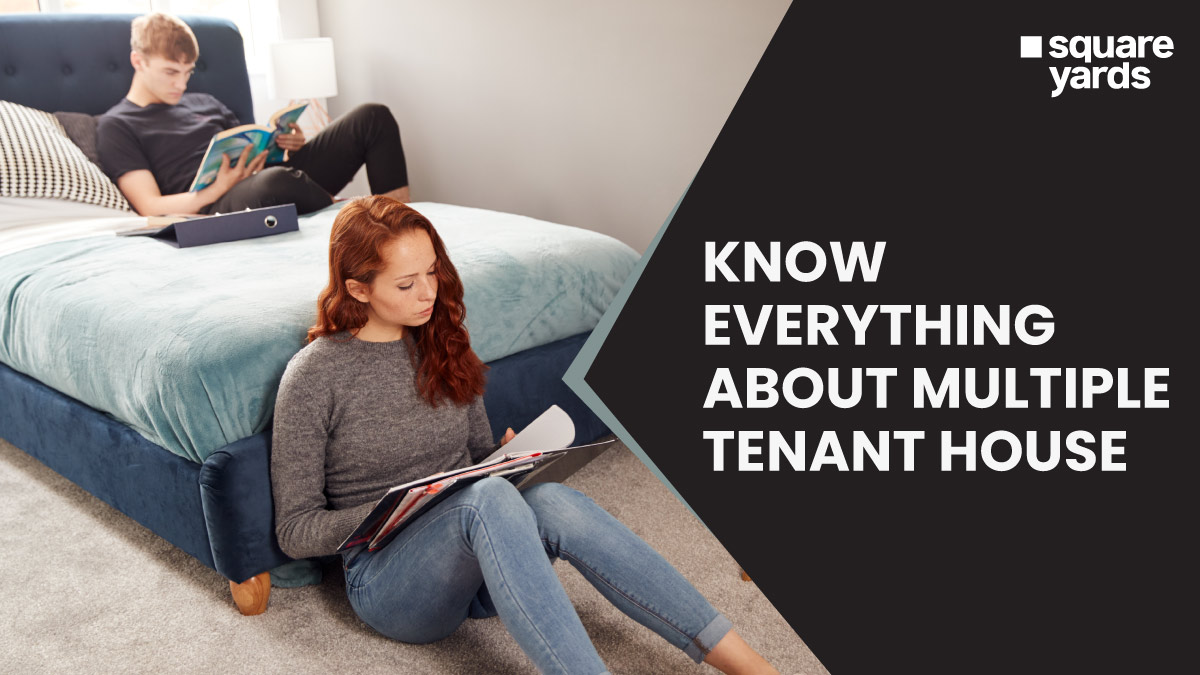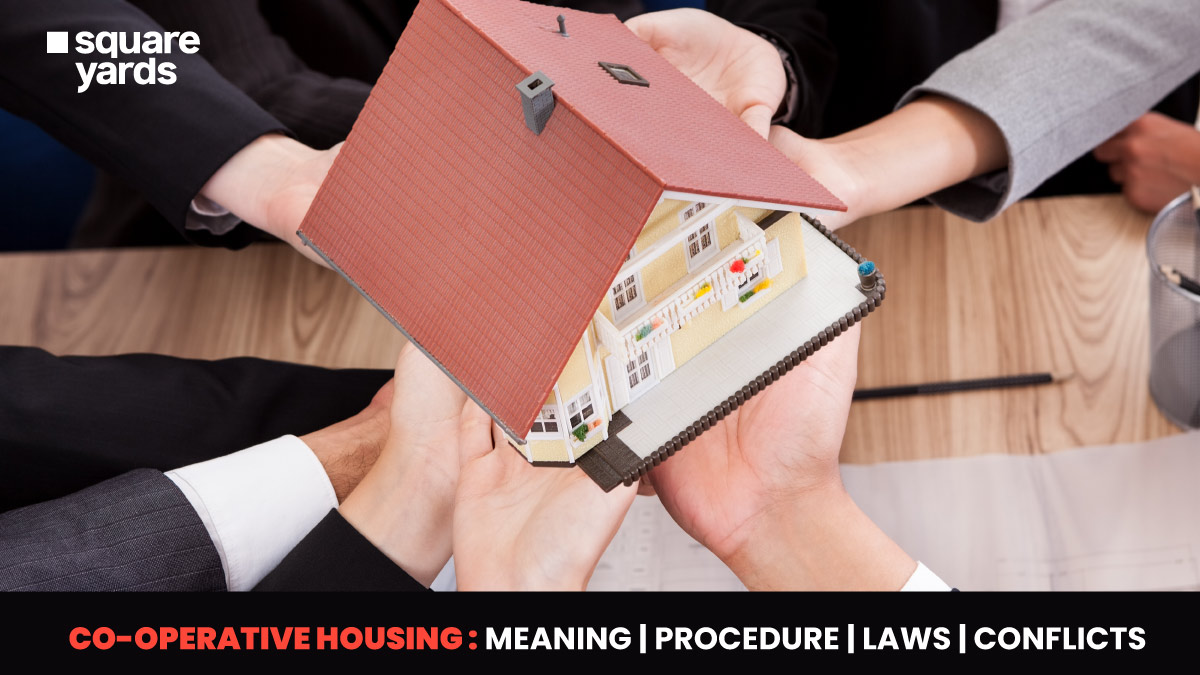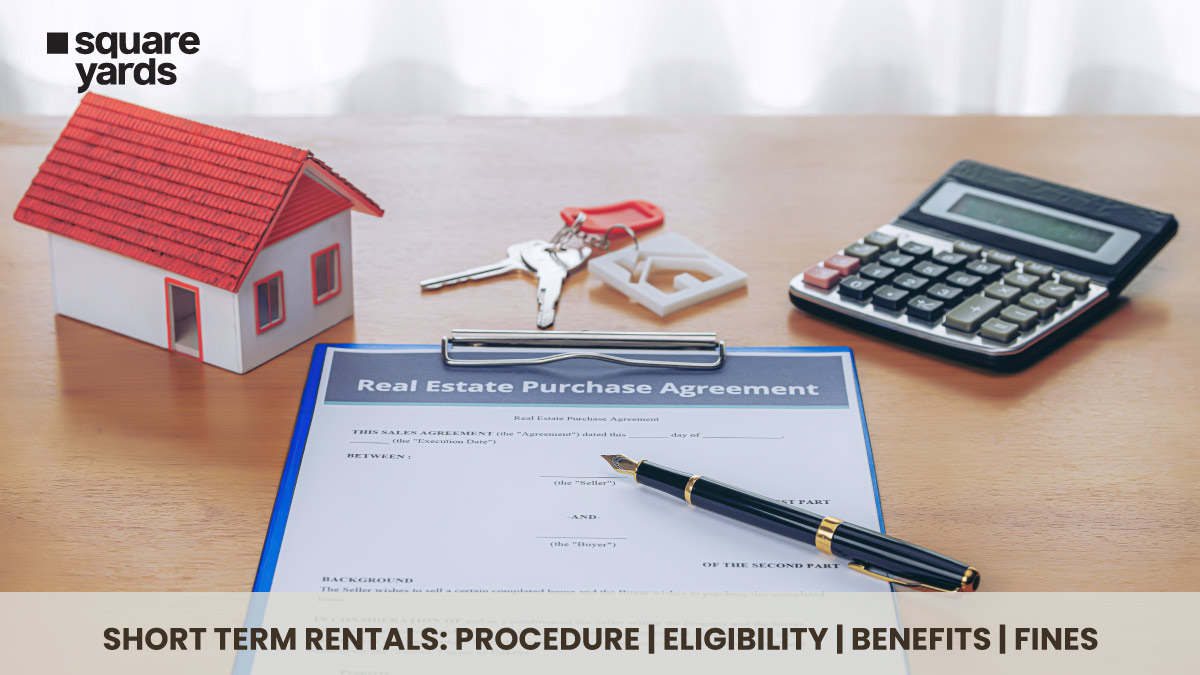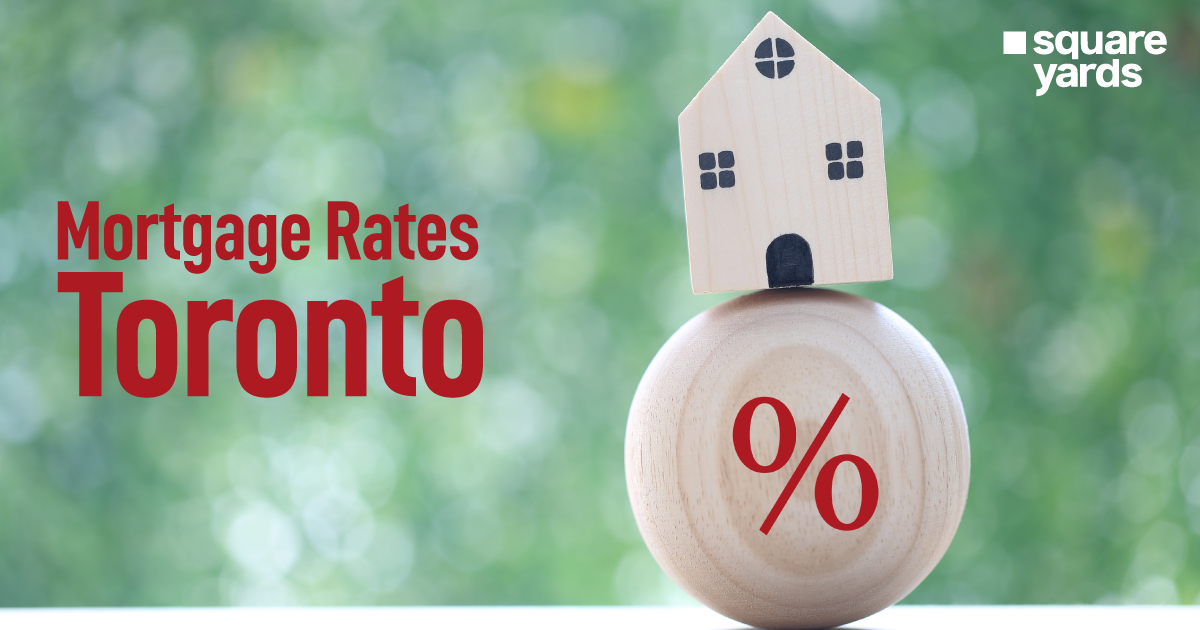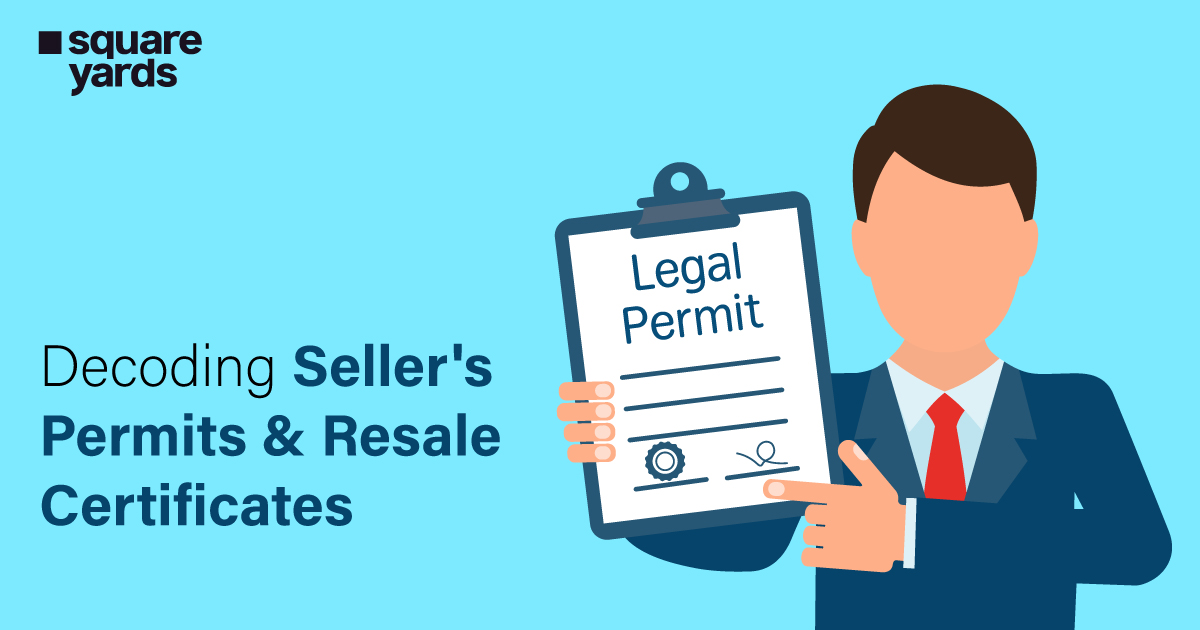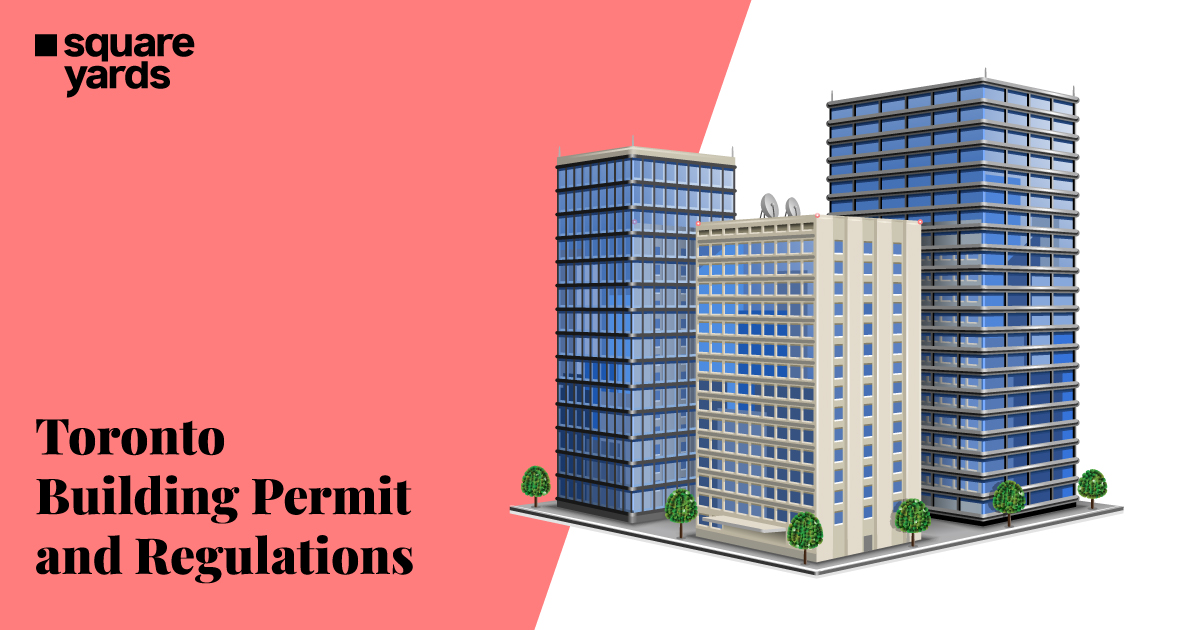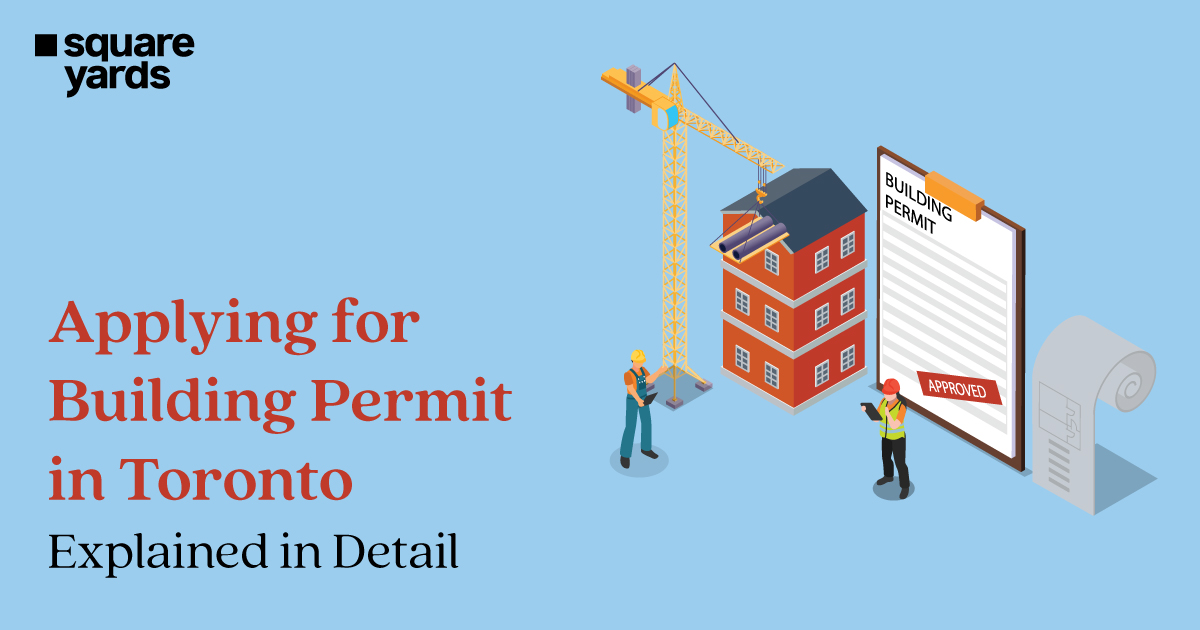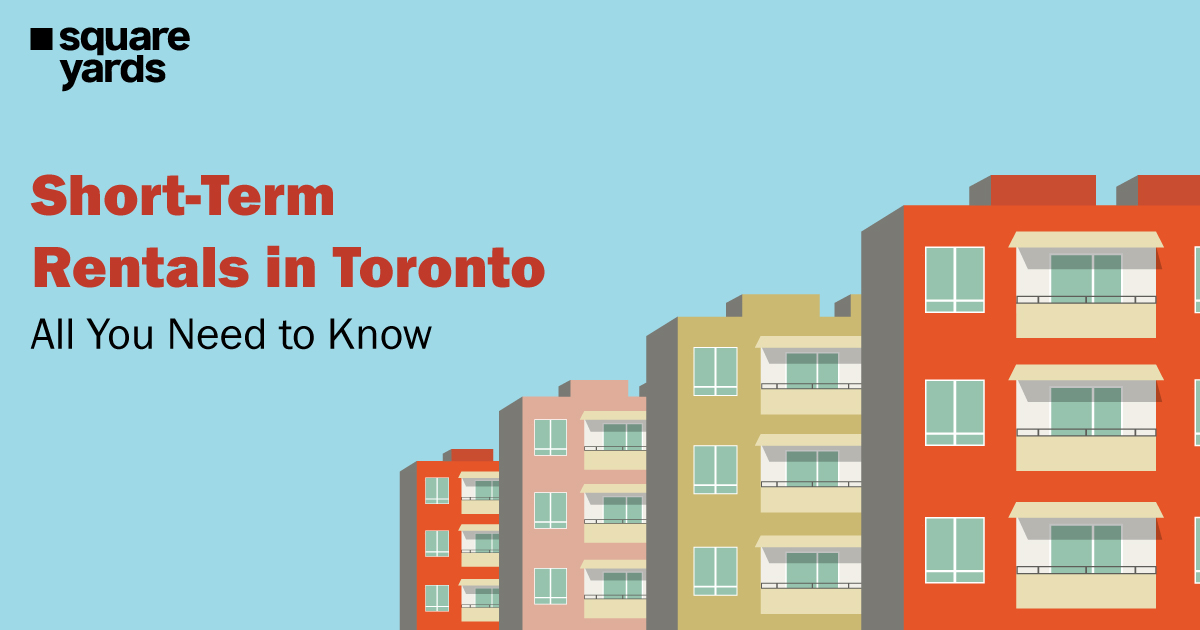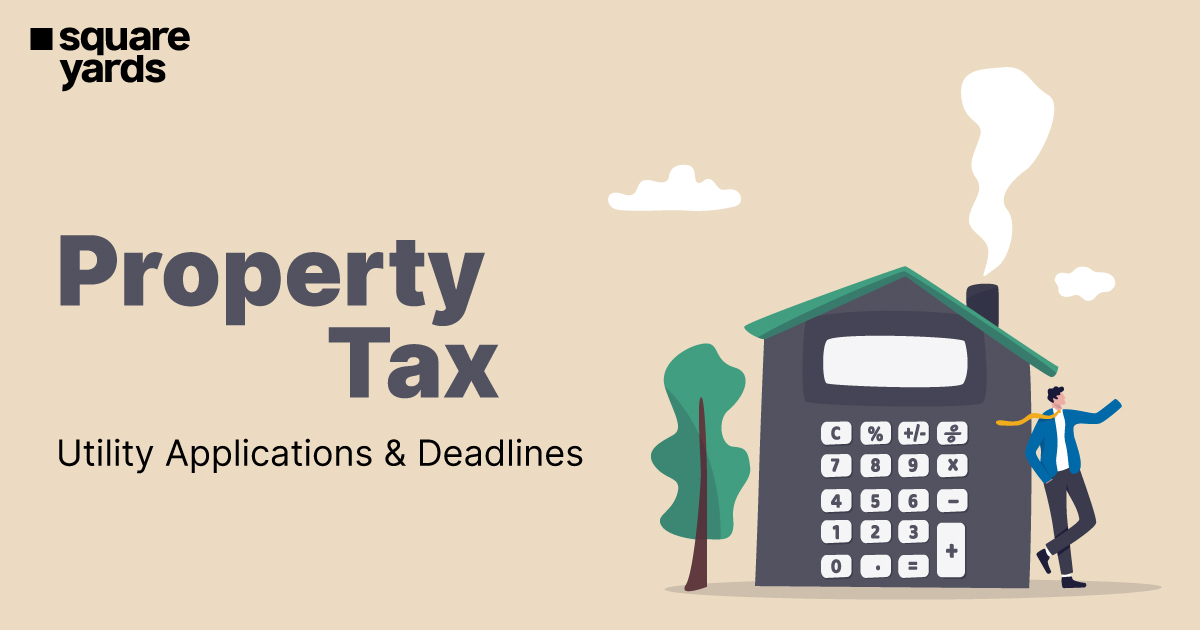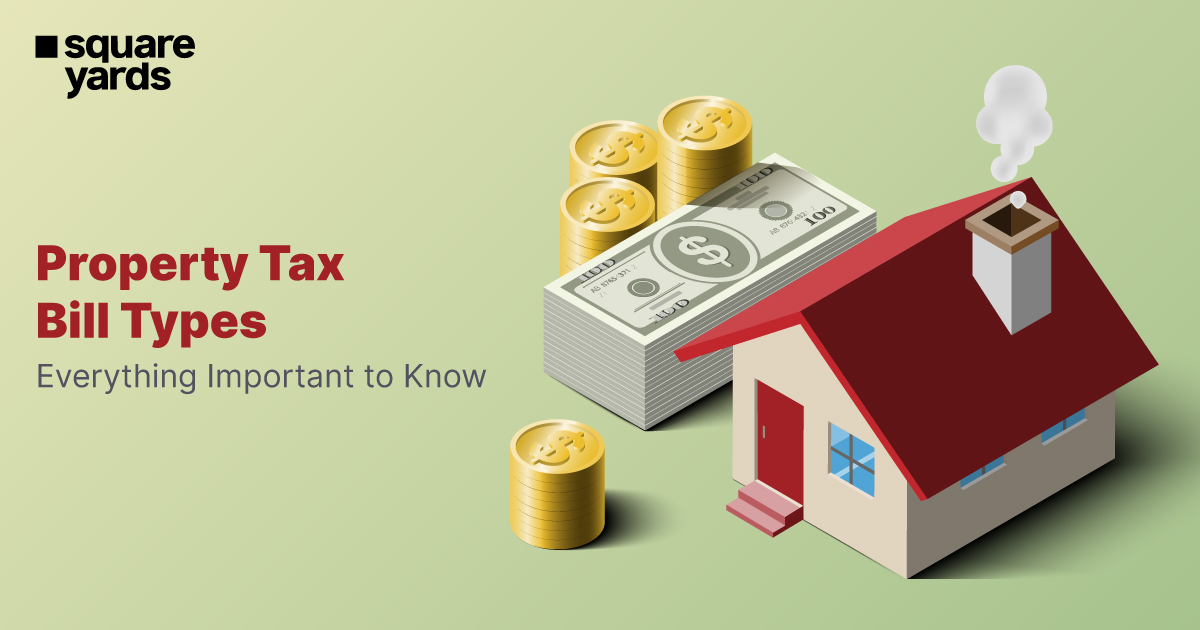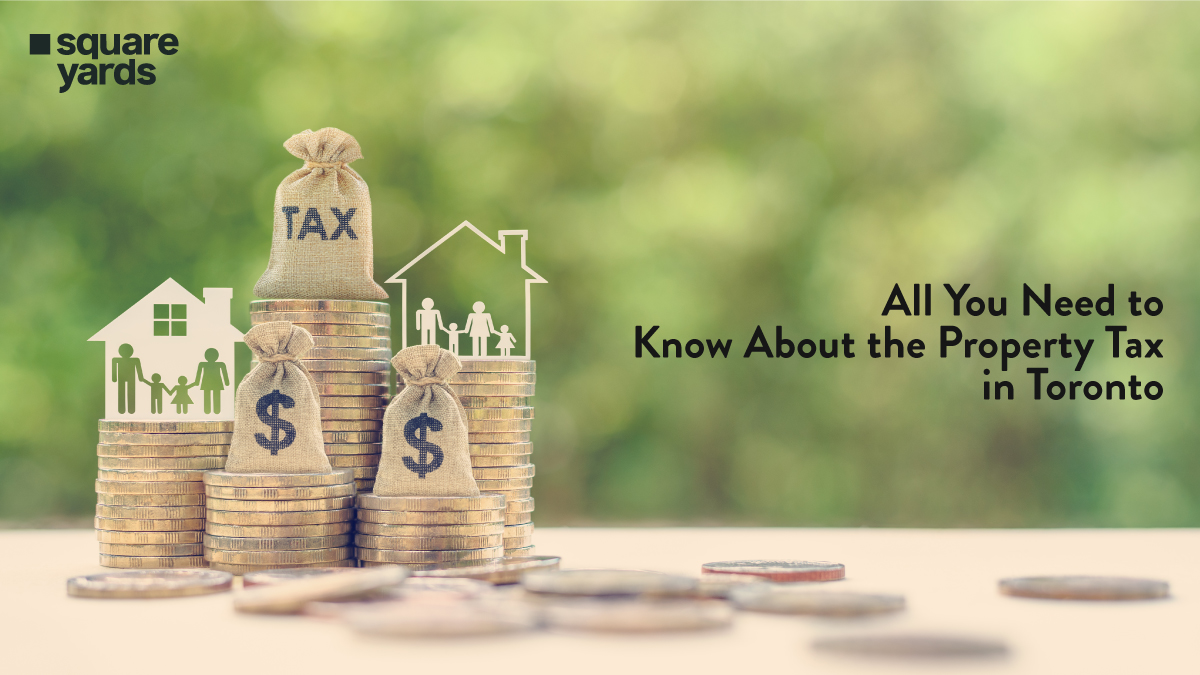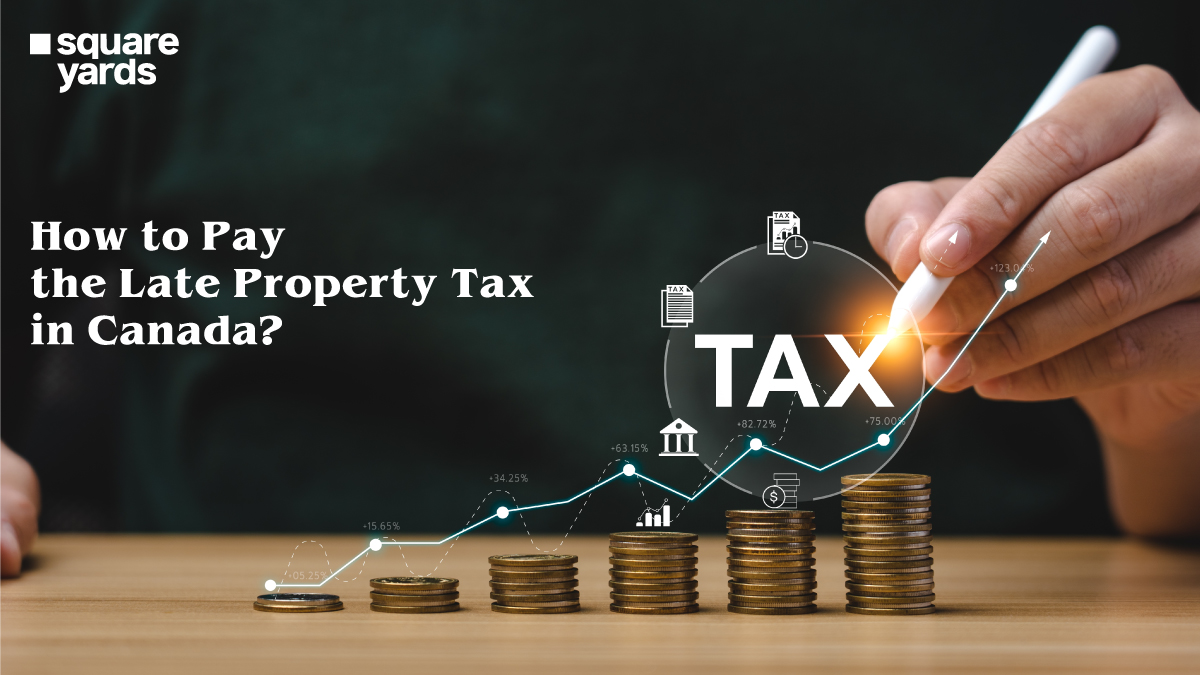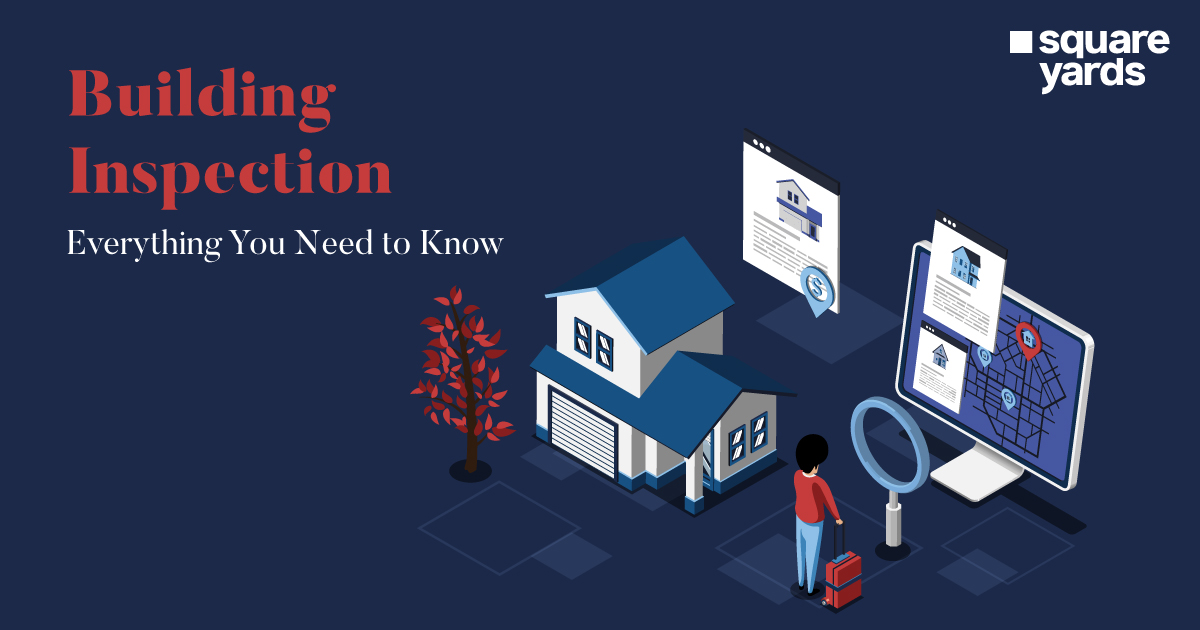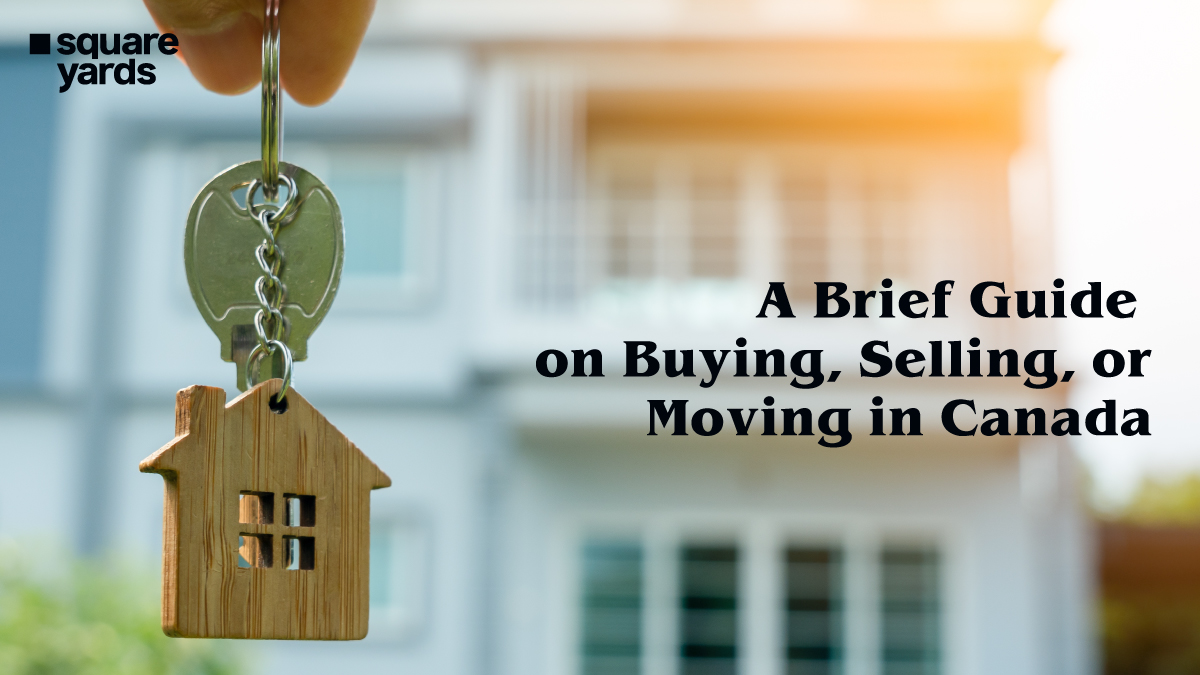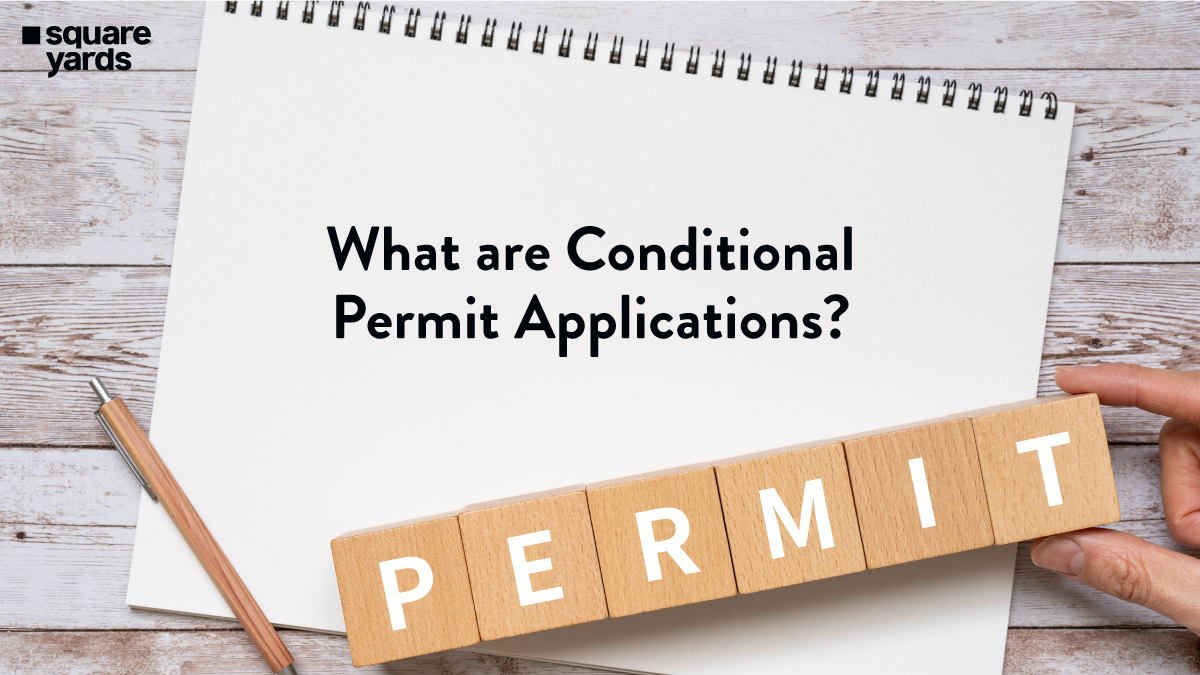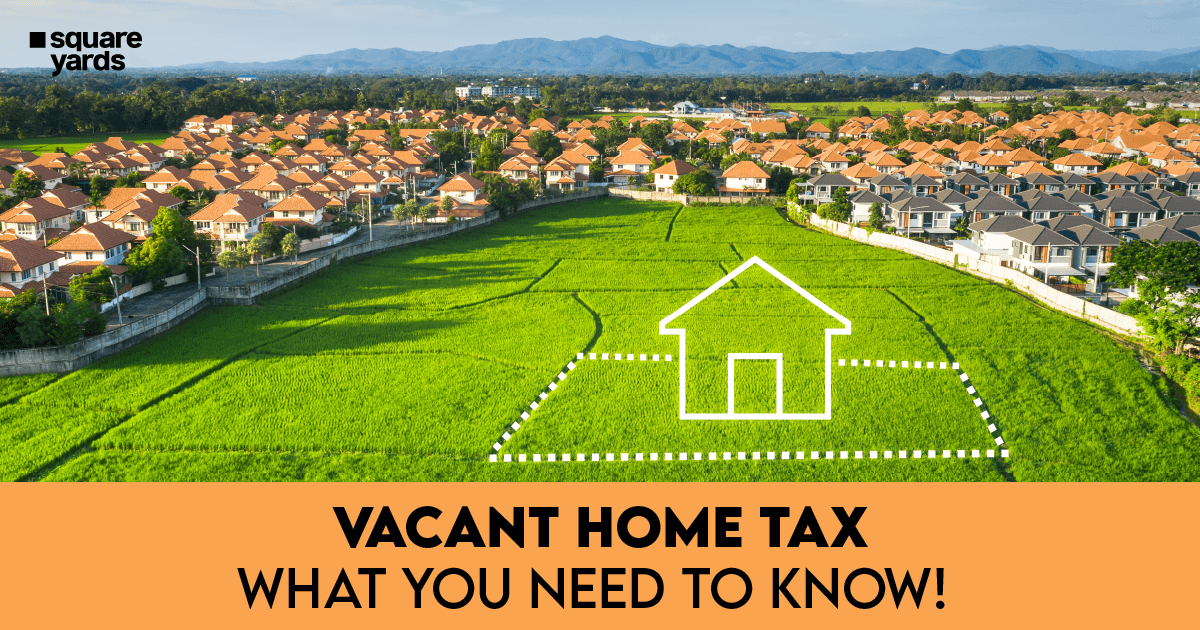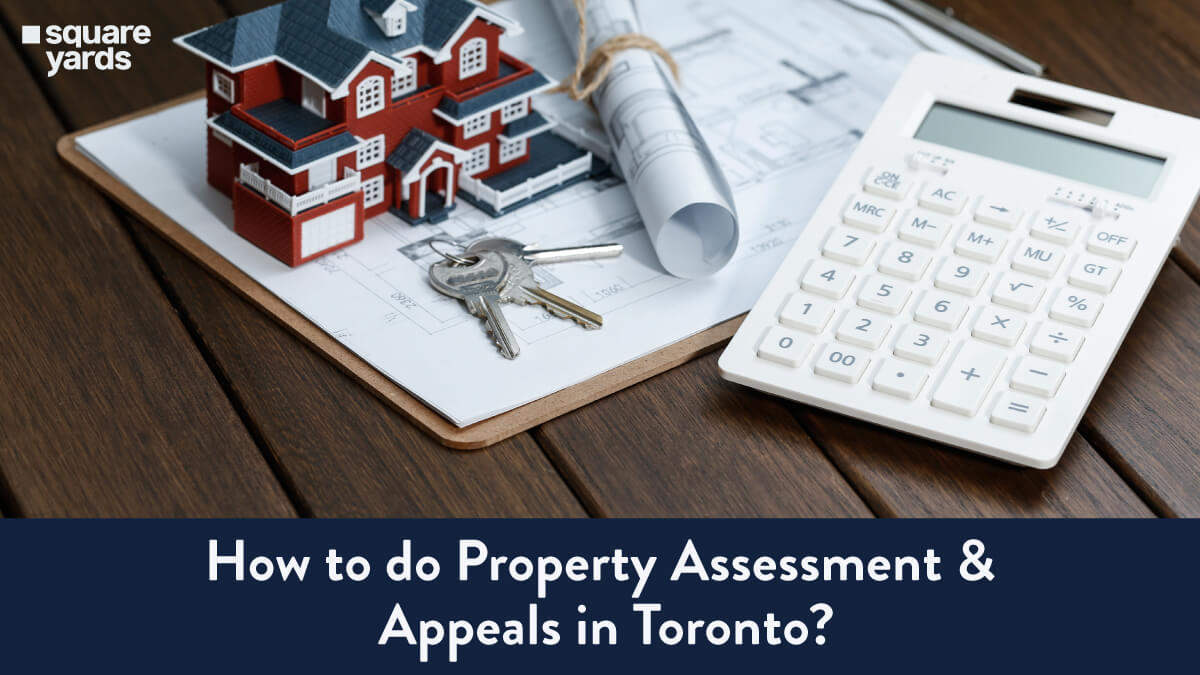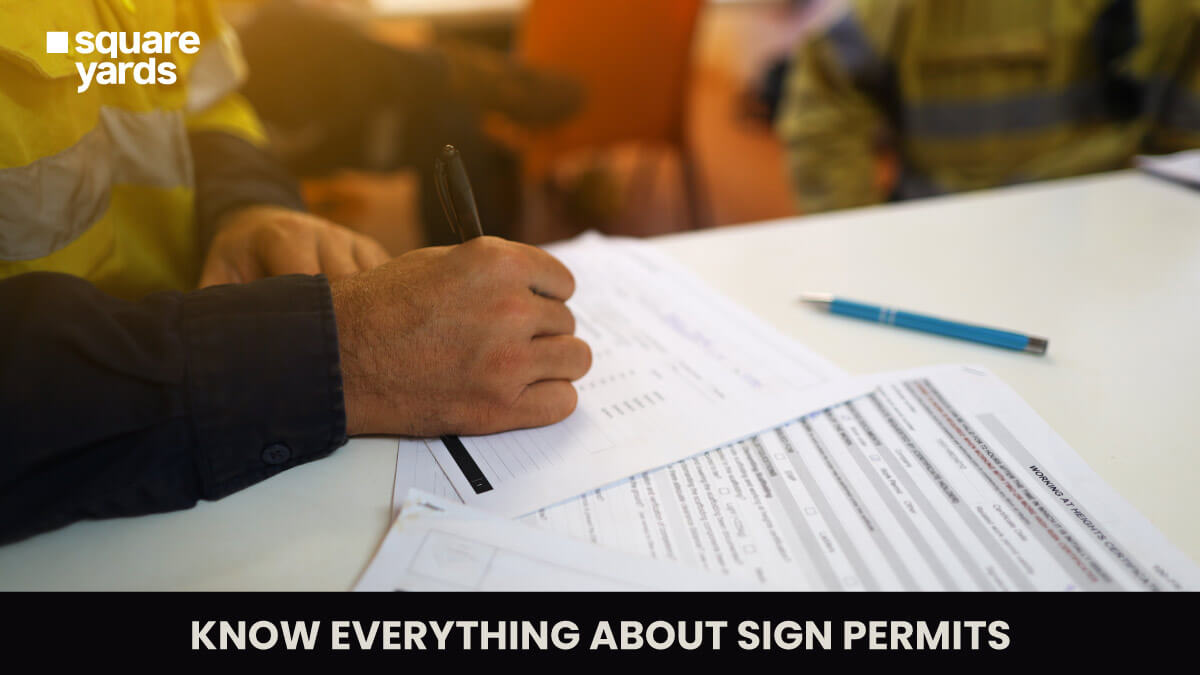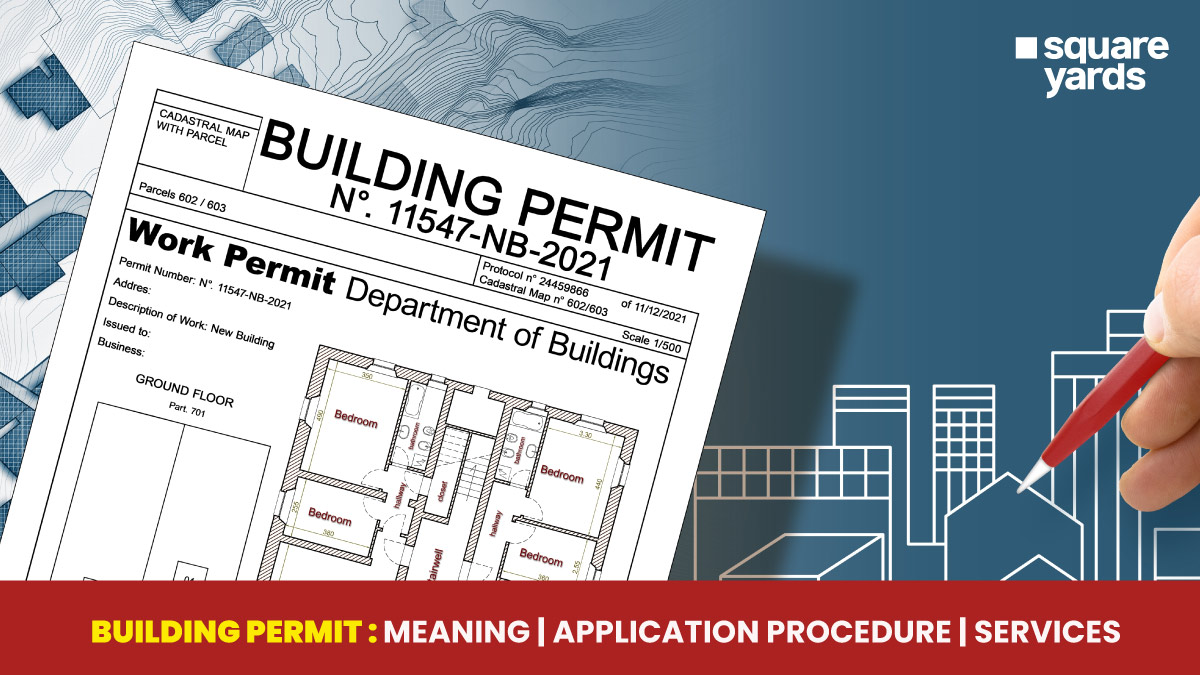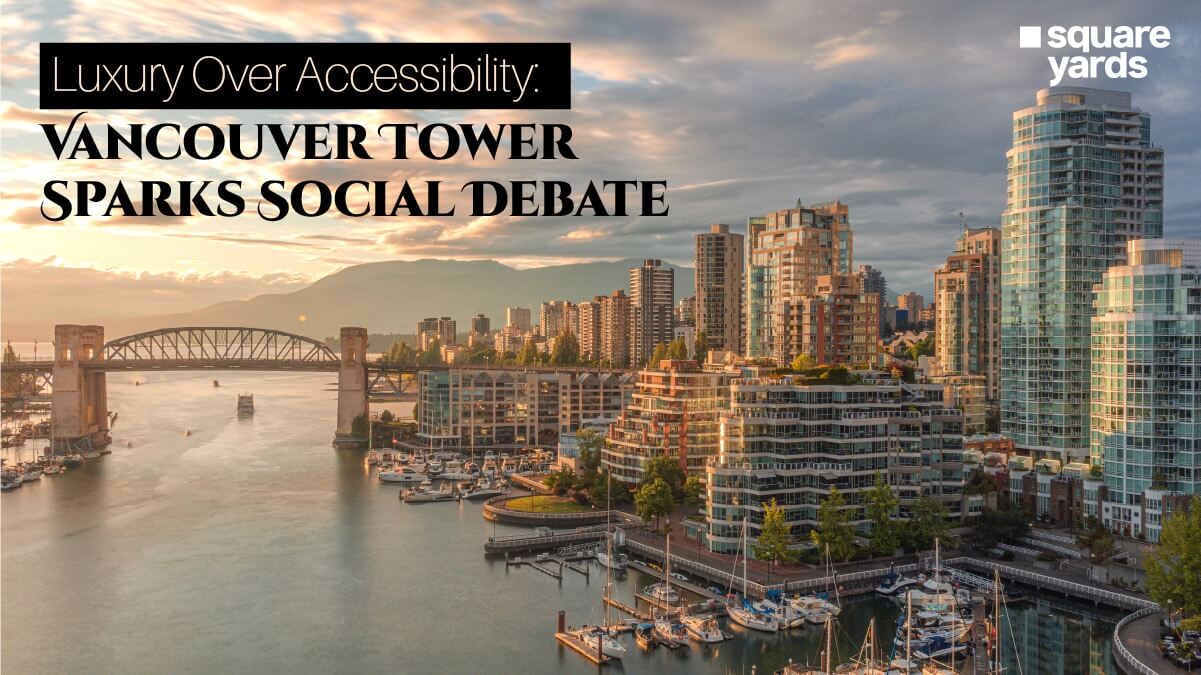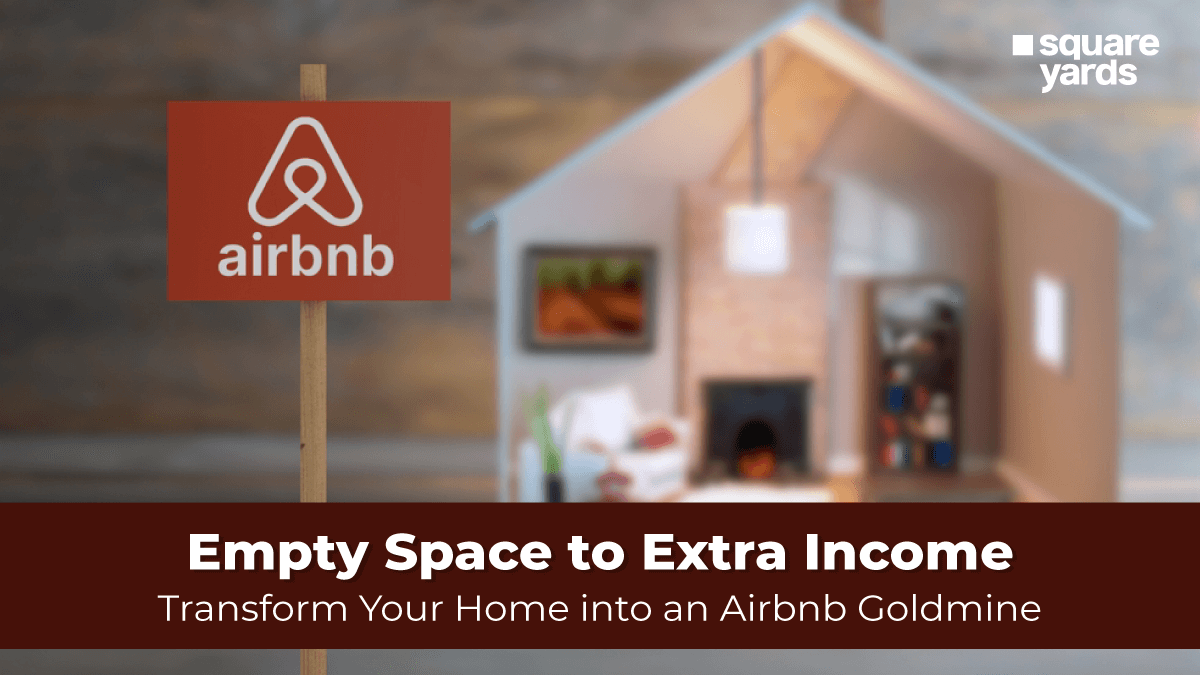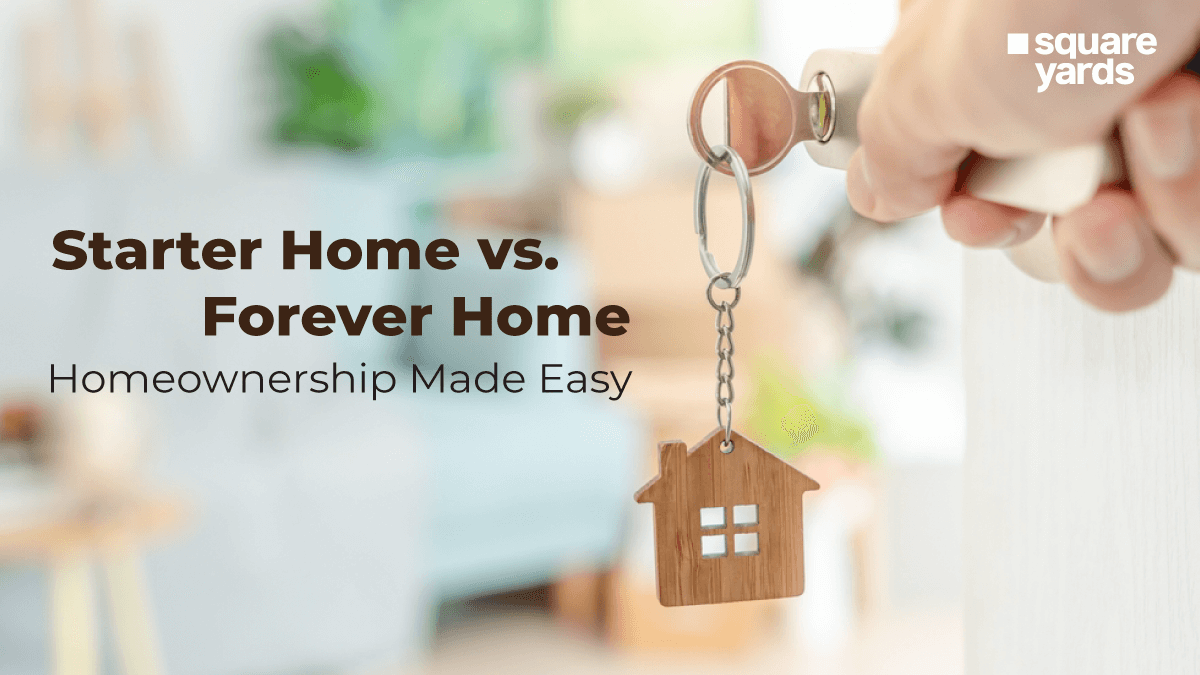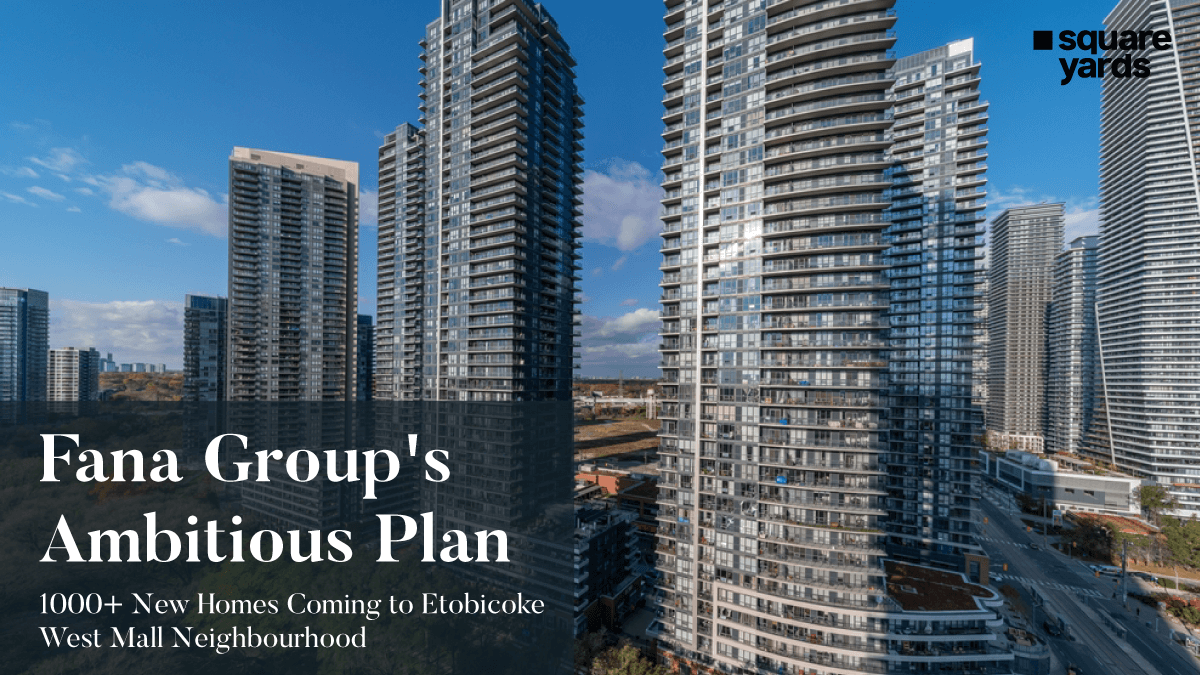Multi-tenant housing is when four or more people bunk together in one house and share the washroom and the kitchen area. Multi-tenant rooming house in Toronto are homes owned by a landlord who rents out the rooms to tenants. Multi-tenant houses offer a wide array of living arrangements, from single rooms to multiple-bedroom suites. They are typically located in popular neighbourhoods, such as downtown Toronto, Scarborough, and the Annex, and are often close to universities, hospitals, and other amenities. Multi-tenant houses are a great option for those on the lookout for affordable housing with flexibility and convenience.
City Council adopted a new regulatory framework on the 14th of December 2023 which is going to allow multi-tenant housing all around Toronto.
Where Are Multi-tenant Houses Permitted?
Multi-tenant houses are permitted throughout Toronto, subject to zoning by-laws. These by-laws determine the number of dwellings that can be built on a given property, the minimum size of the dwellings, and other restrictions. Municipal licensing and Standard division licences multi-tenant housing in Toronto.
Multi-tenant houses in York are allowed but a licence is not required. On the other hand, multi-tenant houses in the cities of East York, North York and Scarborough are not permitted.
How to Apply for a Licence in Toronto?
To apply for a licence in Toronto, you need to follow the given steps.
Step 1- To know whether your area falls in the multi-tenant house zone, contact Toronto Building. Contact them between Monday to Friday from 8:30 a.m. to 4:30 p.m. at 416-397-5330.
Step 2- In Toronto, the licence fee for a multi-rental house costs between $100 to $300.
The licence fee costs $100 only when the living space is up to 30 square metres or less, used by a not-for-profit organisation and there were up to three storeys (without a basement) with up to 14 bedrooms with less than five bedrooms on the top floor.
The licence fee costs $200, if the house has up to three storeys (not including the basement) with up to 14 bedrooms with five or more bedrooms on the third floor, or if the house has three floors but not more than 14 apartments. The licence fee costs $300 if the house has more than 3 floors.
Step 3- Complete your zonal permission application. The licence fee is to be paid with the cheque made out to the Treasurer, City of Toronto and a floor plan of the multi-rental house wherever required.
Step 4- After the submission of the application and the licence fee, the City would send representatives to check whether the building meets Fire Protection and Prevention Act and Fire Code, Health Protection and Promotion Act, Properties Standard by law and any other which is prescribed by the zonal authorities.
Checklist for the Working of Multi-tenant Houses
The Rooming Houses bylaws direct the functioning of the multi-tenant houses. Key elements to consider are given below.
- Employ an agent who can attend to all queries regarding multi-tenant houses.
- Certain things need to be displayed in the front of the house. These include - Stating any condition on which the lease was made - Multi-tenant housing licence - Name and contact of the owner - Fire safety plan
- Routine inspections to keep a check on maintenance according to the law.
- Upkeep the multi-tenant building in compliance with all applicable regulations and bylaws.
- Inform the Municipal Licensing & Standards Division about the change of ownership of the property.
If you are found not obeying the law, you can be fined up to $5000. The severity of the crime would decide the penalties.
Resident Care Multi-Tenant Houses
Some multi-tenant houses provide food and other services to their residents. For example, one might require laundry services and capital for that, health and sanitation facilities if food is being cooked in the compound, staff benefits and management of the property.
Licence Renewal Information
The renewal notice for the apartment is sent three months before the date of renewal. The licence can be revoked if the following conditions are violated.
- Failure to comply with by-laws
- Interfering with the City Council’s inspection of the property
- Mismanagement of property, illegal, fraud or dishonesty
Multi-Tenant (Rooming) House Licensing Commission
A Commissioner and Deputy Commissioner are selected by the City of Toronto Council for a four-year term to make up the Multi-Tenant (Rooming) House Licensing Commission, an independent quasi-judicial authority. Within the former City of Toronto, it is governed by the Rooming Houses bylaws. The City of Toronto's Municipal Licensing & Standards Division provides administrative assistance to the Commission.
The Multi-Tenant (Rooming) House Licensing Commission has the authority to:-
- Accept or reject the licence application
- Accept or reject renewal application
- Add conditions to the licence
- Revoke or suspend the licence
The Commission conducts a proper hearing in case of suspension or revoking a licence. The Commission sends a Notice of Hearing along with a copy of the report to the accused. The court allows you to explain your case. Read the notice carefully before you go for your hearing.
Lodging Houses in Etobicoke
In a lodging house, regardless of whether there are common kitchen facilities, three or more individuals rent rooms, the rent must be paid by each tenant separately. Lodging houses must be licensed by Toronto Public Health and are allowed in specific areas of the former City of Etobicoke, according to the Lodging Houses bylaw.
To verify the location is zoned for lodging homes, new applicants must get in touch with the Etobicoke York Toronto Building office. Contact the Municipal Licensing & Standards Division after confirming that the area is designated for rooming houses. They will direct you to Toronto Public Health to apply for a lodging house licence.
Tenants of Multi-Tenant Houses
Multi-tenants (rooming) houses are those where four or more people share utilities like a kitchen, bathroom and any other facility made available by the landlord. There are certain rights and responsibilities tenants of a multi-tenant house need to follow. Landlords and tenants have an agreement regarding rent and the facilities that would be available to them.
Making a Service Request to Your Landlord
If the tenant has any complaints about their room, they can contact their landlord and submit a service request form for the same. If the landlord doesn’t seem to respond to your problems, you can contact the City Council at 311.
Submitting Service Requests to the City Council
On account of your landlord being unresponsive towards your complaints, you can contact the City Council at 311 or email at 311@toronto.ca. If your complaint needs immediate attention, the Council shall reach out to you within 24 hours. If your situation is not as urgent, the Council will respond within five days.
You can have an update on your complaint by calling 311 or by going to the https://www.toronto.ca/ website by going to the Status Tracking box.
Tenant Rights & Responsibilities
The Ontario law known as the Residential Tenancies Act (RTA) establishes clear obligations and rights for both landlords and tenants. It offers guidelines for raising the rent, evicting a tenant, doing maintenance, and other things. The Landlord Tenant Board (LTB) was established under the RTA to resolve conflicts between tenants and their landlords.
Multi-Tenant House Owners & Operators' Responsibilities
Only some areas of Toronto are where zoning permits are authorised for multi-tenant homes. Where necessary, landowners must be licensed to run multi-tenant homes. Multi-tenant homes must adhere to operational guidelines, manage property conditions, and adhere to tenancy guidelines.
New Framework for Multi-Tenant (Rooming) Houses
The Toronto City Council amended the city's zoning bylaw to allow multi-tenant houses throughout Toronto on December 14, 2022, as a consequence of the adoption of a new regulatory framework for multi-tenant (rooming) houses. To ensure tenant safety and address community concerns, a new Multi-Tenant Houses Licence Bylaw will establish uniform standards, regulatory monitoring, and enforcement which will be in effect from March 31, 2024.
Current Rules for Multi-Tenant Houses
The most economical way to rent in Toronto these days is by going for multi-tenant homes. The residents of these homes are most likely to be students, freshers and people on the lower or middle-income strata.
The multi-tenant homes are not permitted all over the city. One needs to take permission from the concerned authority before they indulge in renting out their apartments. The laws haven’t been tweaked since 1998 which makes the whole functioning of the system obsolete. Such rental homes are permitted to be established in Toronto and most parts of York and Etobicoke.
To accommodate needs, unregulated multi-tenant residences continue to run, which can lead to tenants living in subpar, dangerous conditions. A licence is necessary for multi-tenant homes in the former cities of Toronto and Etobicoke, but not in the old city of York.
Modifying the City's zoning and licensing ordinances is the first step towards ensuring safe, livable, and economical multi-tenant housing, which then facilitates regulatory monitoring and efficient enforcement.
New Regulatory Framework
The New Regulatory Framework aims to protect the rights and responsibilities of both landlords and tenants. The framework provides detailed guidelines to prevent the exploitation of the tenants. The intent behind this introduction is to provide safe living conditions for the citizens. Some vital points of this framework are given below.
- City-wide zoning regulations that limit the number of rooms that can be allowed in multi-tenant homes but still authorise uniform and equitable accessibility to such homes throughout the city
- The licensing requirements have been improved concerning the new Ontario Building Code and Fire Code to promote safety and health.
- A planned administration and compliance programme that guarantees successful enforcement using a dedicated multi-tenant housing enforcement team, annual inspections, higher fines, an updated multi-tenant housing tribunal, and other enforcement instruments.
- Ensuring that there is no unnecessary surge in rents or ill-treatment of the tenants. The framework will also ensure that the tenants are not evicted without a solid reason and those who are, get shifted to a different home.
Implementation Timeline for the New Framework
The framework is going to be implemented in the next three years. The Council has divided their agenda to ease the process of transfer.
2023- The first step is to educate all stakeholders (tenants and landlord communities). The information about the new framework needs to be disseminated to the correct target audience.
2024- On March 31 2024, the focus would be on easy transfer from the old to the new framework, giving a licence to unlicensed homes and taking important measures to protect the rights of the tenants.
2025- The City will put more effort into encouraging new operators to apply for licences and evaluating the impact on renters and housing affordability.
History of Public Consultations for the New Framework
2015- Vague discussions about the need for a new framework. No concrete decisions were made.
2017- Discussions were undertaken on a plan for five pilot sites, which included criteria including a seven-room maximum as well as interim zoning use rights.
2019- Third round of discussion was conducted to fortify the licensing framework.
2021- In the months of April and May, stakeholders were invited to give an opinion on the subject matter. This was the first time when the zoning approach was mentioned as an option across the cities.
You May Also Read:

